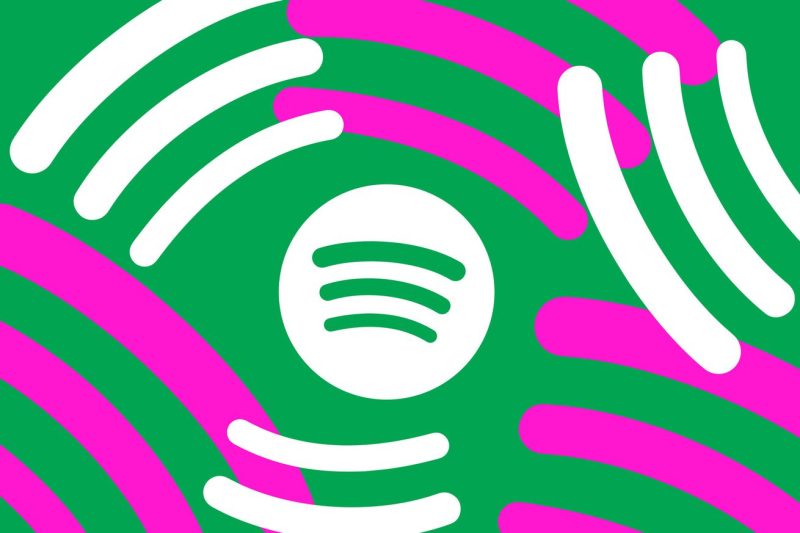In recent years, Spotify has been at the forefront of a battle with tech giant Apple in Europe, which has garnered significant attention and raised questions about fair competition in the digital marketplace. At the heart of the issue is the App Store policies implemented by Apple, which Spotify claims unfairly disadvantage competitors in the music streaming industry.
One of the main points of contention between Spotify and Apple is the so-called Apple tax, which refers to the 30% commission that Apple charges developers for in-app purchases made through the App Store. Spotify argues that this fee puts them at a competitive disadvantage compared to Apple Music, Apple’s own music streaming service, which is not subject to the same commission. This means that Spotify has to either absorb the cost of the commission or pass it on to its subscribers, potentially driving up prices for consumers.
Furthermore, Spotify has accused Apple of engaging in anti-competitive practices by promoting its own services over those of competitors on its platform. For example, Spotify has alleged that Apple limits its ability to communicate with customers directly and hinders its ability to offer promotions and discounts, while Apple Music does not face the same restrictions. This, according to Spotify, gives Apple an unfair advantage in the market and harms competition.
Apple, on the other hand, has defended its App Store policies, stating that they are in place to ensure a safe and secure user experience for its customers. The company argues that the 30% commission is standard industry practice and helps fund the ongoing development and maintenance of the App Store ecosystem. Apple also points out that developers have the option to bypass the commission by directing users to their own websites to make purchases.
The conflict between Spotify and Apple has caught the attention of regulators in Europe, with the European Commission launching an investigation into Apple’s practices following a complaint by Spotify. The outcome of this investigation could have significant implications for the broader tech industry and the future of competition in the digital marketplace.
In conclusion, the ongoing battle between Spotify and Apple in Europe highlights the complexities of competition in the digital age and the challenges that arise when dominant players control access to platforms. The outcome of this conflict will likely set a precedent for how competition is regulated in the tech industry and could pave the way for greater scrutiny of the practices of platform owners like Apple.

